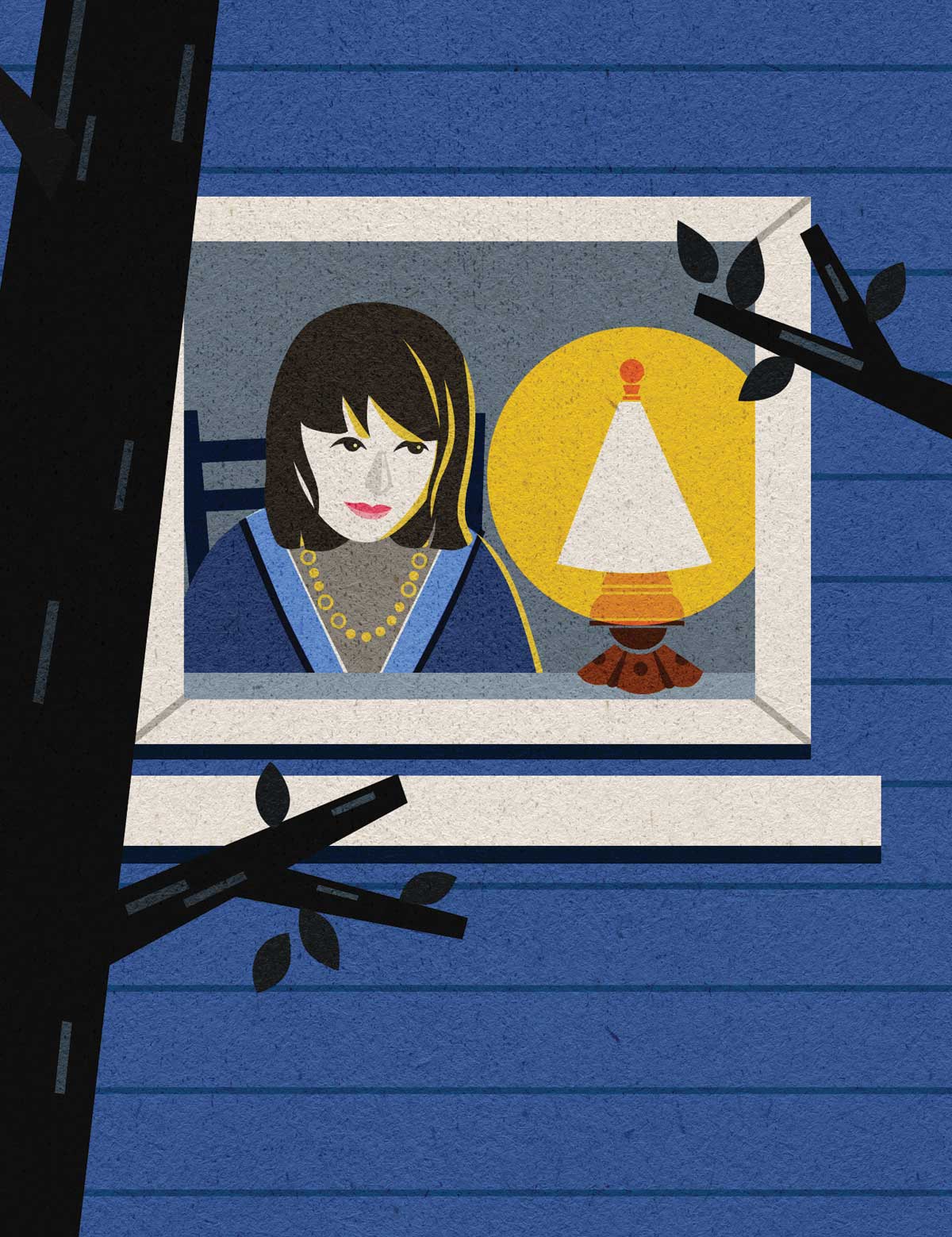My father was always telling someone to turn out a light.
Except when he was telling one of his five children to turn one on.
“Time for bed, turn out your light.”
“Turn out the light you left on in the bathroom.”
“Turn on your desk light, you’ll ruin your eyes.”
A military man who ran a tight ship at home, Pop had a sixth sense when it came to knowing who had left an unoccupied room without flipping a switch or who was reading in the dark.
I think about him whenever I set up the furnishings in a new household because he taught me the power of light to set a mood. He had strong opinions about which combination of lamps would generate the best conversation or encourage lingering over dinner or—with a measured flipping of switches—not so subtly end an evening.
For my 13th birthday, I was allowed to host my very first boy-girl fiesta, made yet more festive by the number of string lights he hung in the backyard trees. However, that gesture may have been less about mood setting and more about oversight. That was definitely how he used the porch lights, flashing them on and off during my high school years and sending clear messages to any one of us daughters hovering outside with a date for what he considered too long.
Maybe his time on the air base or studying the lighted dials in a bomber’s cockpit made him keenly attuned to messaging via lighting, but he never bought a lamp or a fixture without some research. Except for one.
Once, at an antiques show, he impulsively purchased a tiny brass lamp. He called it a fairy lamp, although it looked nothing like the glass Victorian-era candle lamps of that name. It was charming, with signs of the maker’s hand in the unpolished brass base and a thin metal shade that looked like a pointed gnome’s cap.
When he bought it, I was sad that the lamp’s wiring was so dangerously undone that there was no doubt it was a fire hazard. And while he forbade me from ever actually using it, I kept that lamp in my room, imagining the places it might have illuminated in years past.
Pop had it rewired for me when I left for college, and it’s traveled with me around the world. It is the most meaningful gift I ever received, but in case the metaphor eluded my young self, he included a card: “If you get homesick, Daughter, know I’ve always left a light on for you.”
I think of him every time I switch it on, but only after I’ve turned out all the lights I’m not using.



